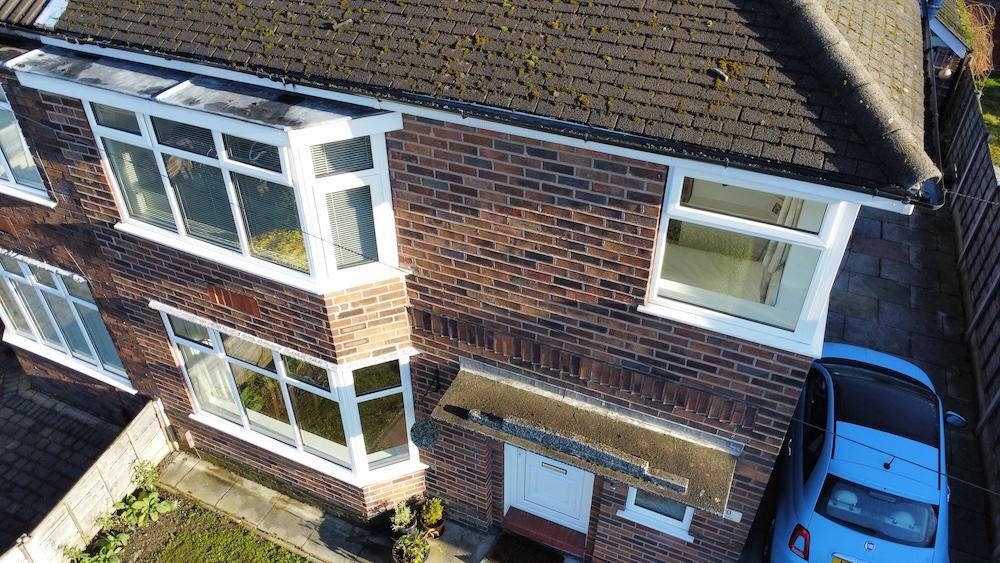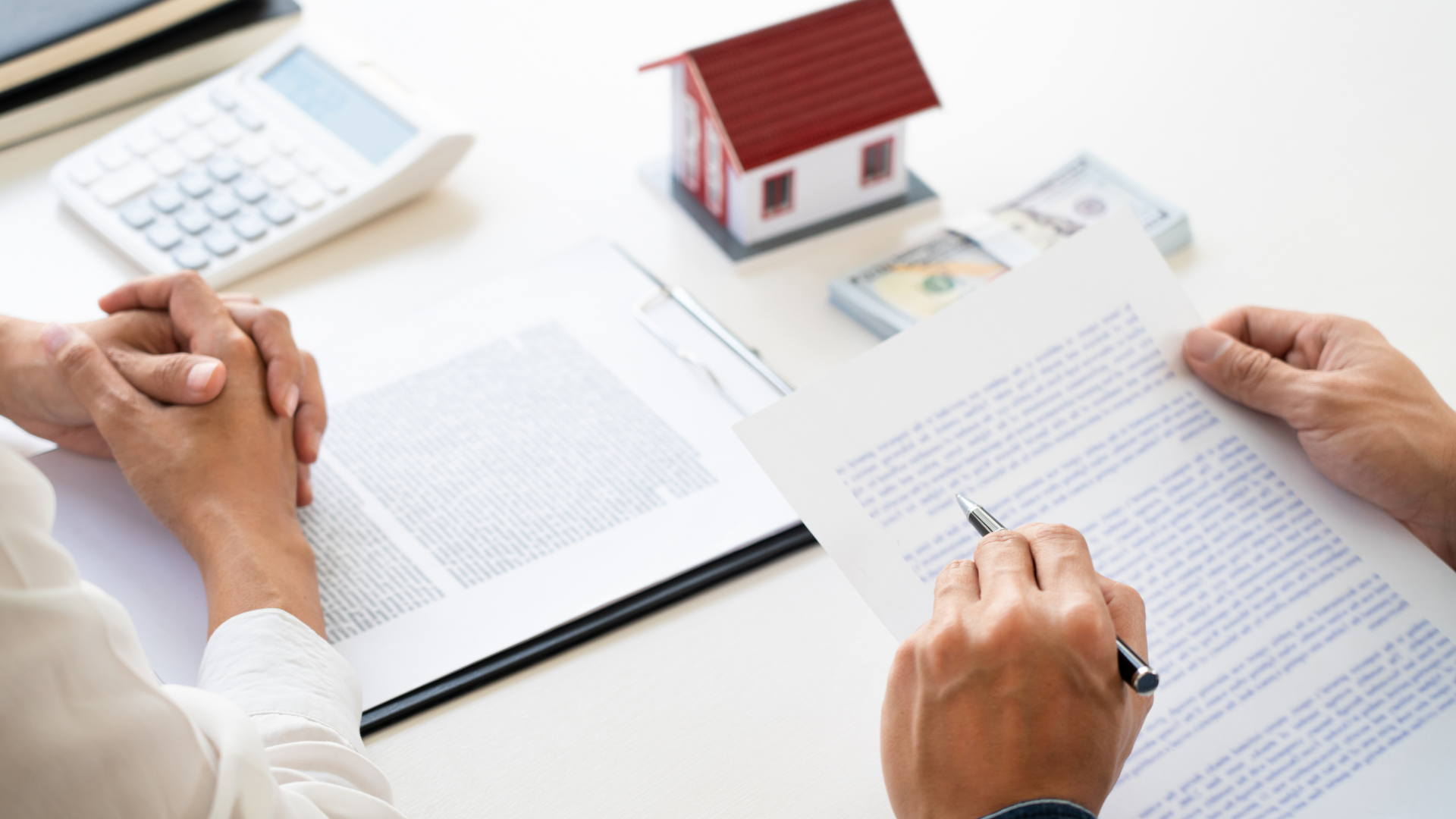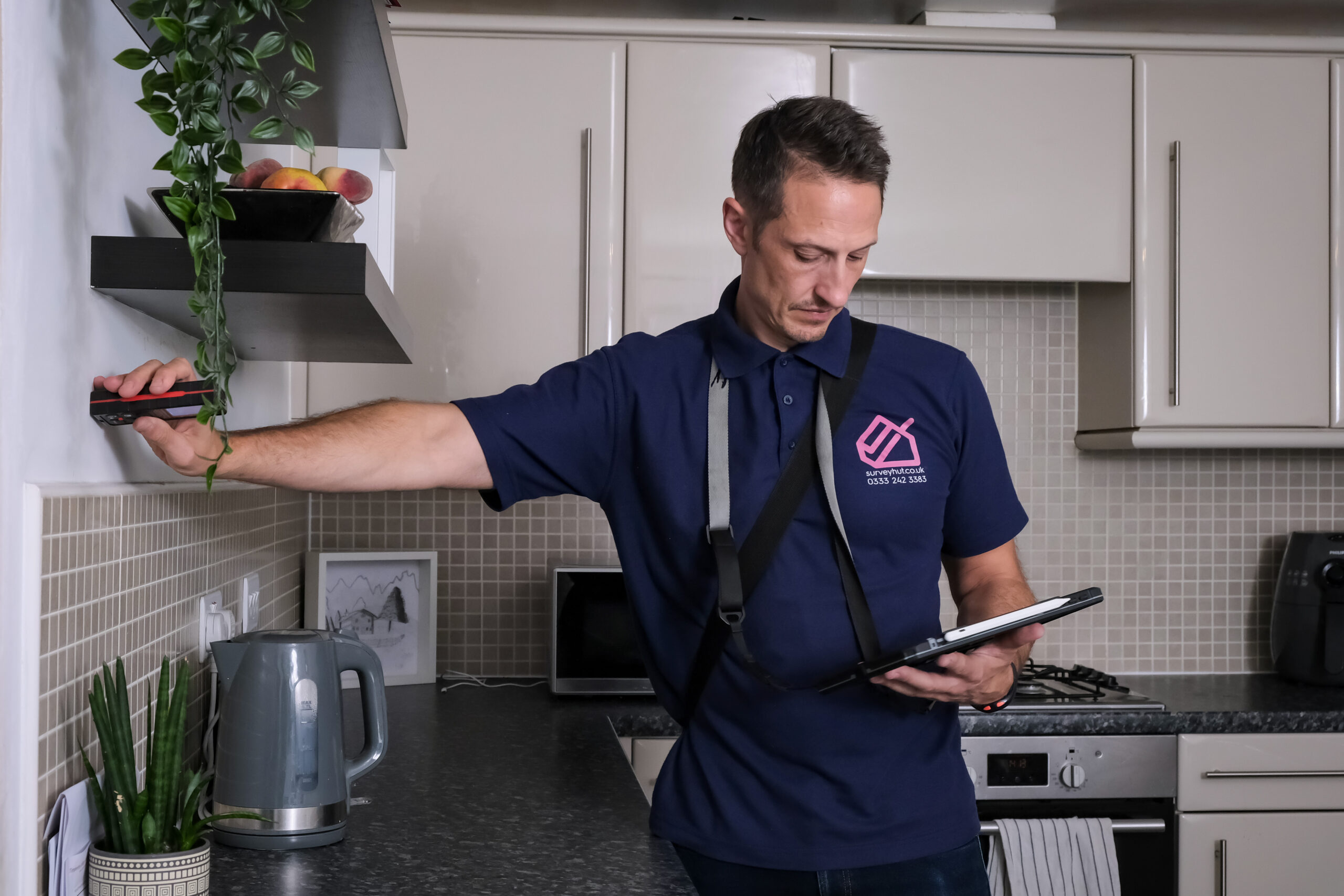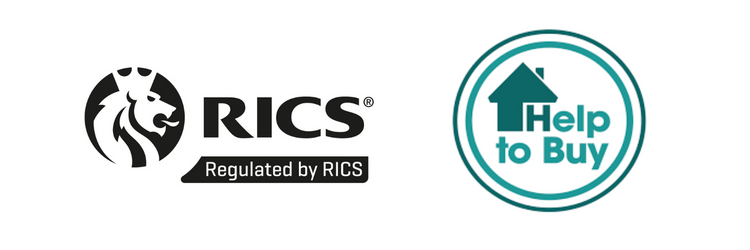Wondering about probate property valuations? They are a crucial step when settling an estate after somebody sadly passes away. You might find yourself needing to determine the value of a property for inheritance tax purposes or to distribute assets fairly among various beneficiaries.
Probate property valuation involves assessing the market value of a deceased person’s home at the time of their death. This process typically requires engaging a professional surveyor to provide an accurate estimate of a property’s value. They’ll consider various factors that affect the property’s value, such as its location, size, condition, and current market trends.
Getting a precise valuation is essential for legal and tax reasons. It helps ensure you’re not overpaying inheritance tax and provides a fair basis for dividing the estate. While it might seem daunting, understanding the basics of probate property valuation can make the process smoother during an already challenging time.
Getting to Grips with Probate
Probate is a crucial legal process that occurs after someone passes away. It involves validating the person’s will, identifying and appraising their assets, and distributing the estate to beneficiaries.
Definition and Purpose of Probate
Probate is the legal procedure through which a deceased person’s estate is administered and distributed. Its primary purpose is to ensure the deceased’s wishes are honoured and their assets are properly allocated. During probate, a solicitor oversees the process of settling debts, paying taxes, and transferring property to rightful heirs.
The process helps prevent fraud by validating the will and providing a framework for resolving disputes. It also protects creditors by allowing them to make claims against the estate. For beneficiaries, probate offers transparency and a structured approach to receiving their inheritance.
The Role of the Executor in Probate
If you’re an executor, you play a vital role, possibly the most important one, in the probate process. Your responsibilities include:
- Locating and presenting the will to the court
- Notifying beneficiaries and creditors
- Creating an inventory of the deceased’s assets
- Managing the estate’s finances
- Paying outstanding debts and taxes
- Distributing assets to beneficiaries
You must act impartially and in the best interests of the estate. This often involves making difficult decisions and navigating complex legal requirements. It’s crucial to keep detailed records of all transactions and communications related to the deceased’s estate.
An executor can appoint a third party to act on their behalf and handle the complex work that comes with probate. This is often the case, and can save you a significant amount of time.
Legal Framework for Valuing Assets
Accurate asset valuation is essential for probate. The legal framework requires you to determine the fair market value of all assets at the date of death. This includes property, investments, personal belongings, and any debts owed to the deceased.
For property valuation, you may need to engage a professional surveyor. They can provide a Red Book valuation, which is widely accepted by HMRC and the courts. This detailed assessment considers factors such as:
- Property location and condition
- Local market trends
- Comparable sales in the area
Accurate valuations are crucial for calculating inheritance tax and ensuring fair distribution among beneficiaries. It’s important to be thorough and seek professional advice when needed to comply with legal requirements and avoid potential disputes.
Methods of Valuation
When valuing a property for probate, a valuer has several options at their disposal. Each method offers unique insights into the property’s value, helping you arrive at an accurate valuation.
Comparative Market Analysis
A comparative market analysis involves examining recent sales of similar properties in the area. This method gives you a good idea of the property’s current market value. A valuer considers:
- Location and neighbourhood amenities
- Property size and layout
- Number of bedrooms and bathrooms
- Recent renovations or upgrades
Valuers use this method, comparing your property to at least three similar homes that have sold recently. They’ll make relevant adjustments for differences in features or condition.
Historical Market Trends
Analysing historical market trends can provide valuable context for your property’s valuation. This method involves:
- Examining price fluctuations over time
- Considering economic factors
- Evaluating local development plans
By looking at how property values have changed in your area over the years, you can gain insights into potential future growth. This method is particularly useful when combined with other valuation techniques, as it helps you understand the broader market context.
While historical data is useful, recent sales and current market conditions should carry more weight in your final valuation.
Preparing for Valuation
Getting ready for a property valuation involves several key steps to ensure an accurate assessment. You’ll need to gather important documents, assess the property’s condition, and address any outstanding debts.
Documentation Required
To prepare for a valuation, you’ll need to collect various documents. These typically include:
- Property deeds
- Recent utility bills
- Council tax statements
- Building plans or surveys
- Mortgage statements
It’s also helpful to have records of any recent renovations or improvements. These can significantly impact the property’s value. Keep receipts for major work done, such as a new kitchen or bathroom installation.
Don’t forget to gather any relevant planning permissions or building regulations approvals. These documents can demonstrate that any alterations to the property are legal and up to standard.
Physical Condition Assessment
Before the valuation, take a good look around your property. Consider:
- The overall state of repair
- Any visible structural issues
- The condition of fixtures and fittings
- The state of the garden and exterior spaces
Make a list of any known problems, such as damp or cracks in walls. It’s better to be upfront about these issues rather than trying to hide them. Of course, an RICS home survey is always advisable to ensure extra peace of mind about the condition of a property.
Consider giving your property a thorough clean and declutter. While this won’t directly affect the valuation, it can help create a better overall impression.
If you have time, tackle any minor repairs or touch-ups. Fresh paint or fixing leaky taps can improve the property’s appearance.
Addressing Outstanding Debts
It’s crucial to identify any debts or financial obligations tied to the property. These might include:
- Outstanding mortgage balance
- Secured loans against the property
- Unpaid utility bills or council tax
Gather statements for these debts to provide an accurate picture of the property’s financial situation.
Be prepared to discuss any shared ownership arrangements or equity loans. These can affect the valuation process and need to be clearly understood by the valuer.
If there are any disputes over property ownership or financial claims, make sure you have documentation ready to explain the situation.
Challenges in Valuation
Determining the accurate value of a property for probate can be fraught with complexities. You may encounter several hurdles that require careful navigation and expert guidance.
Dealing with Unique Assets
When valuing a property for probate, you might come across unique features that make comparison difficult. Unusual architectural designs, historic properties, or homes with rare amenities can pose challenges. These distinctive elements often lack direct comparables in the local market.
You’ll need to consider:
- Special architectural features
- Historical significance
- Custom-built additions
- Rare or high-end amenities
In such cases, you may need to engage specialised valuation experts who can accurately assess these unique attributes. They’ll use their expertise to factor in the property’s distinctive characteristics while still adhering to probate valuation guidelines.
Valuation Disputes
Disagreements over property valuation can arise, leading to potential conflicts among beneficiaries or with tax authorities. You might face challenges if different parties have varying opinions on the property’s value.
Common sources of value disputes include:
- Emotional attachments influencing perceived property value
- Differing interpretations of market data
- Disagreements over the property’s condition
To mitigate these issues, it’s crucial to contact a qualified probate valuer who can provide an impartial and well-documented assessment. Their expertise can help resolve conflicts and ensure a fair valuation for all parties involved.
Effects of Market Volatility
Property markets can be unpredictable, with values fluctuating due to various economic factors. This volatility can complicate the probate valuation process, especially if there’s a significant time gap between the date of death and the actual sale of the property.
You’ll need to consider:
- Recent market trends
- Economic indications
- Local property demands
It’s important to note that probate value may differ from the eventual sale price. If the property’s value increases significantly after probate, you might face capital gains tax implications. Conversely, a decrease in value could affect the estate’s overall value and distribution.
To navigate these challenges, you should work closely with property experts who can provide insights into market trends and help you make informed decisions throughout the probate process.
Get in touch with Survey Hut today for a comprehensive Home Survey or Valuation. We are held to the highest professional standards by the RICS, so you know that you’ll get a high-quality report. Make sure your perfect home, is perfect.
Sharing is caring!




